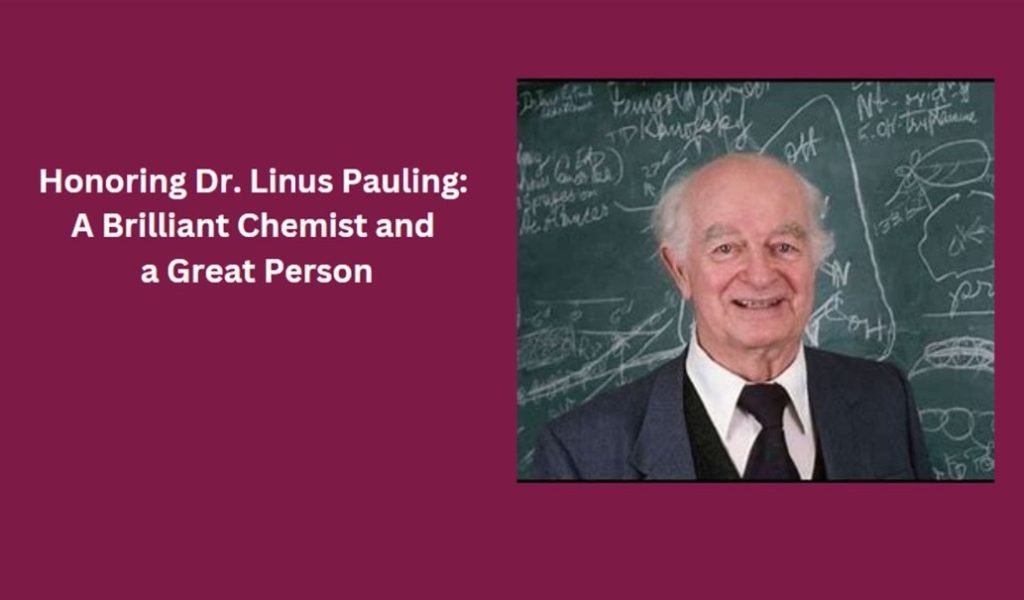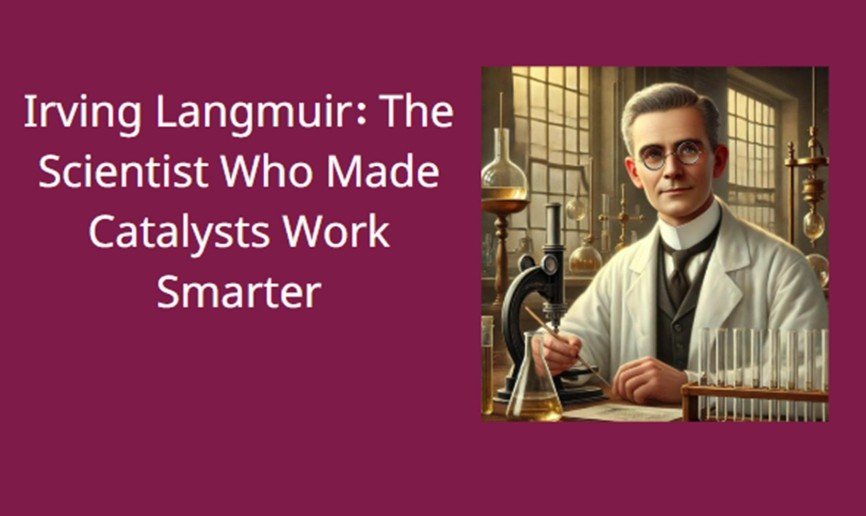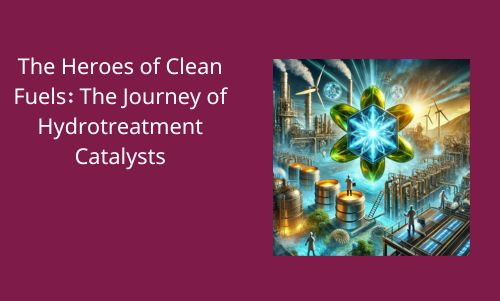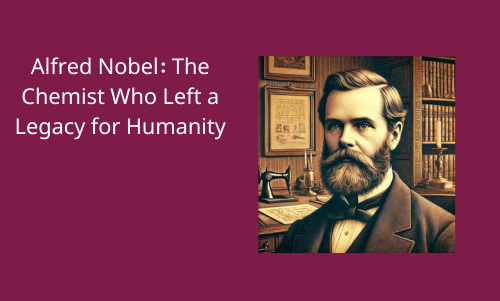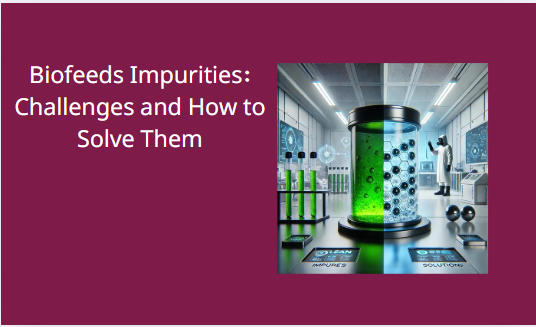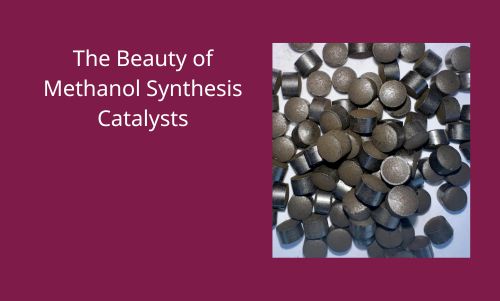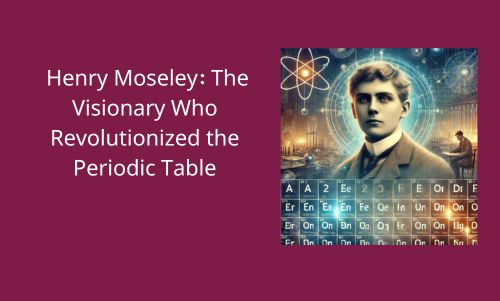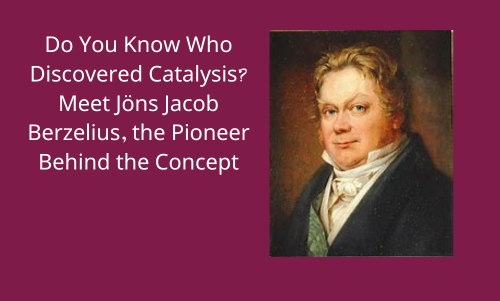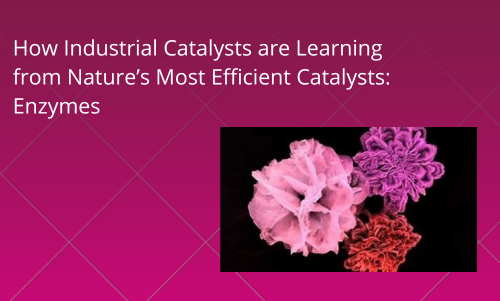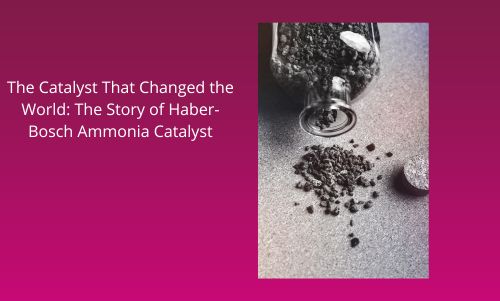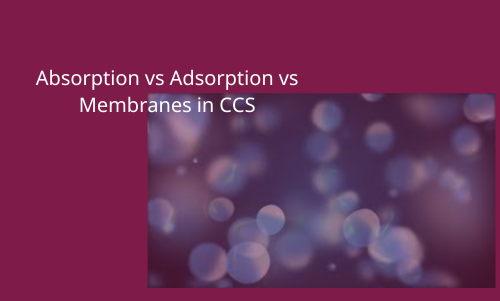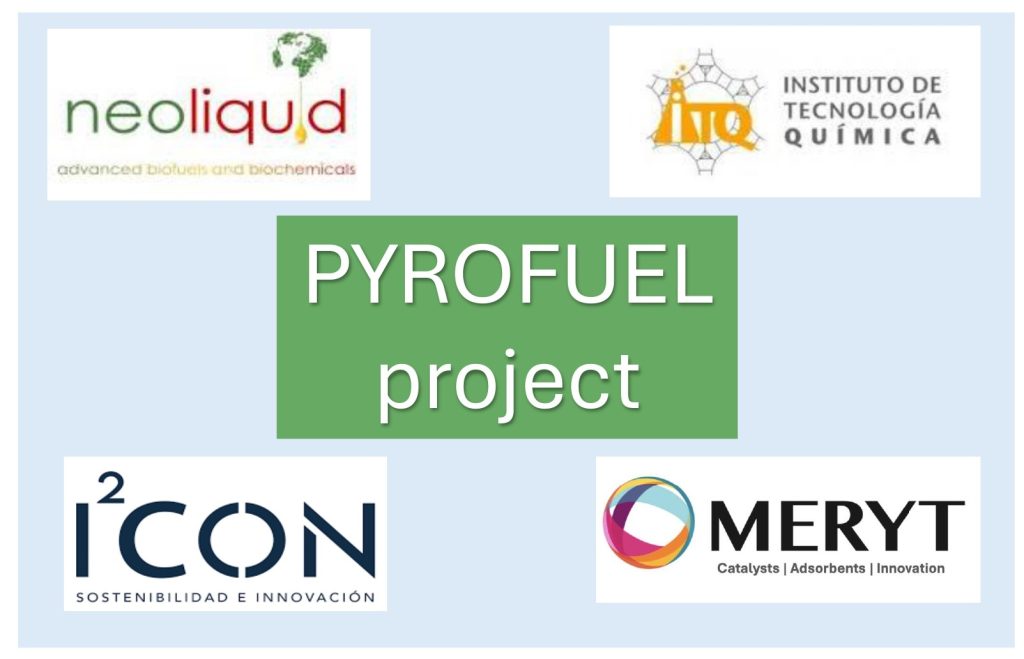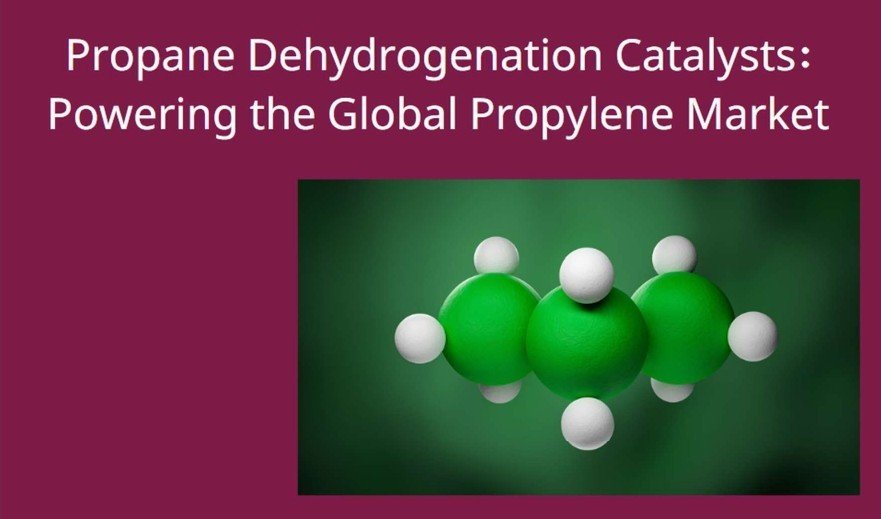This week, we remember Linus Pauling, one of the greatest chemists in history, born on February 28, 1901, in Portland, Oregon, USA. Pauling wasn’t just a brilliant scientist—he was also a strong advocate for peace and human rights, leaving a lasting impact on both science and society.
Pauling grew up in a modest family. His father, a pharmacist, passed away when Linus was just 9 years old, which pushed the young Pauling to work hard from an early age. He studied chemical engineering at Oregon State University and later earned his Ph.D. in chemistry from the California Institute of Technology (Caltech).
In 1923, he married Ava Helen Miller, who became his lifelong partner and a strong influence on his humanitarian work. They had four children together. Linus Pauling lived a long and productive life, passing away on August 19, 1994, at the age of 93, in Big Sur, California.
Transforming Chemistry: His Technical Legacy
Pauling’s most important scientific work focused on understanding how atoms bond together to form molecules. His 1939 book, “The Nature of the Chemical Bond”, changed how chemists saw the world at the molecular level. He introduced the idea of electronegativity—a way to measure how strongly an atom attracts electrons—and explained concepts like hybridization and resonance that are now basic chemistry knowledge.
But Pauling didn’t stop at chemistry. He also made major contributions to biology. He discovered the alpha-helix structure in proteins, an important step in understanding how life works at a molecular level. He even studied how small changes in molecules could lead to diseases, like in sickle cell anemia, where he showed it was caused by a defect in hemoglobin, marking one of the first times a disease was linked to a molecular error.
A Scientist With Humanity
What made Pauling truly special was how he combined scientific excellence with deep moral values. During the Cold War, he became one of the most vocal critics of nuclear weapons testing, warning about the dangers of radioactive fallout. Despite criticism, he continued to speak out, and his efforts helped lead to the Partial Nuclear Test Ban Treatyin 1963.
For his activism, Pauling was awarded the Nobel Peace Prize in 1962, making him the only person to receive two unshared Nobel Prizes—the first in Chemistry (1954) for his work on chemical bonds, and the second for his dedication to peace.
An Inspiration for Catalysis and Innovation
At MERYT Catalysts & Innovation, we are deeply inspired by Pauling’s legacy. His understanding of how molecules interact is at the heart of what we do—developing catalysts and adsorbents that make chemical processes faster, more efficient, and more sustainable.
His life reminds us that great science isn’t just about discoveries—it’s about using knowledge to make the world a better place.
Linus Pauling once said, “Satisfaction of one’s curiosity is one of the greatest sources of happiness in life.” His endless curiosity led to discoveries that changed the world, both in science and in humanity.
As we remember his contributions, let’s be inspired to think bigger, push boundaries, and, most importantly, use science to improve lives.
Thank you, Dr. Linus Pauling, for showing us that science and humanity can go hand in hand.

